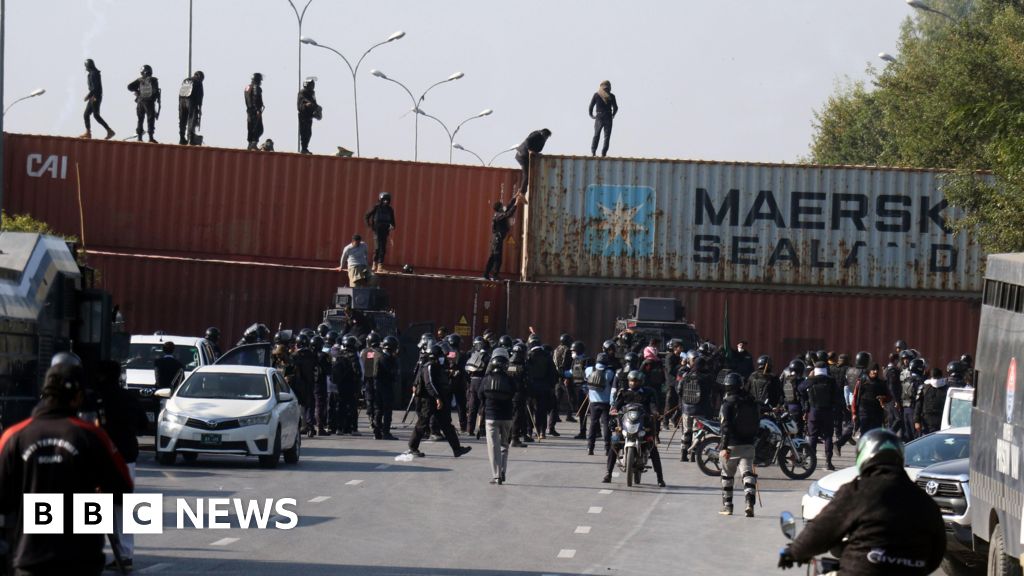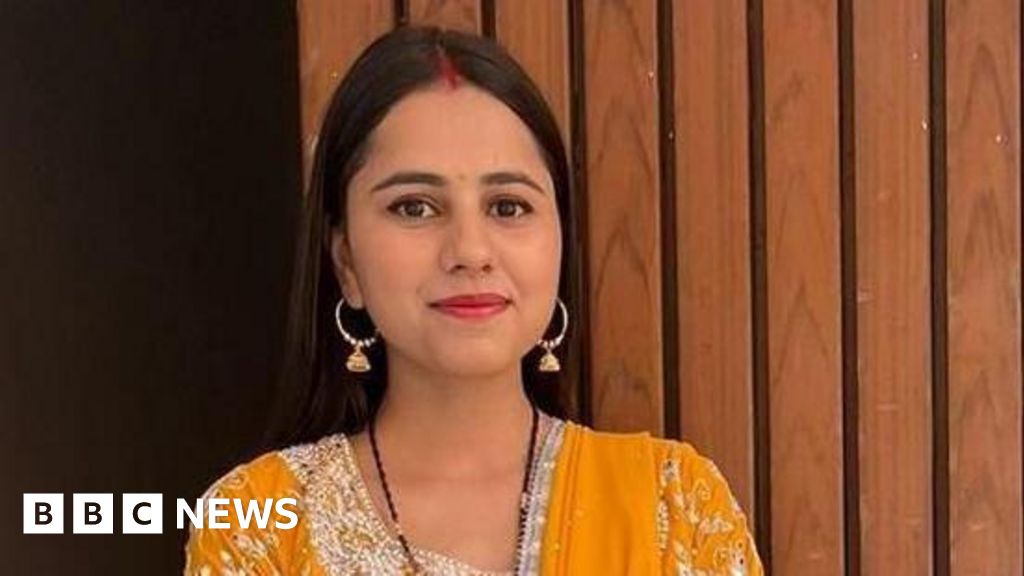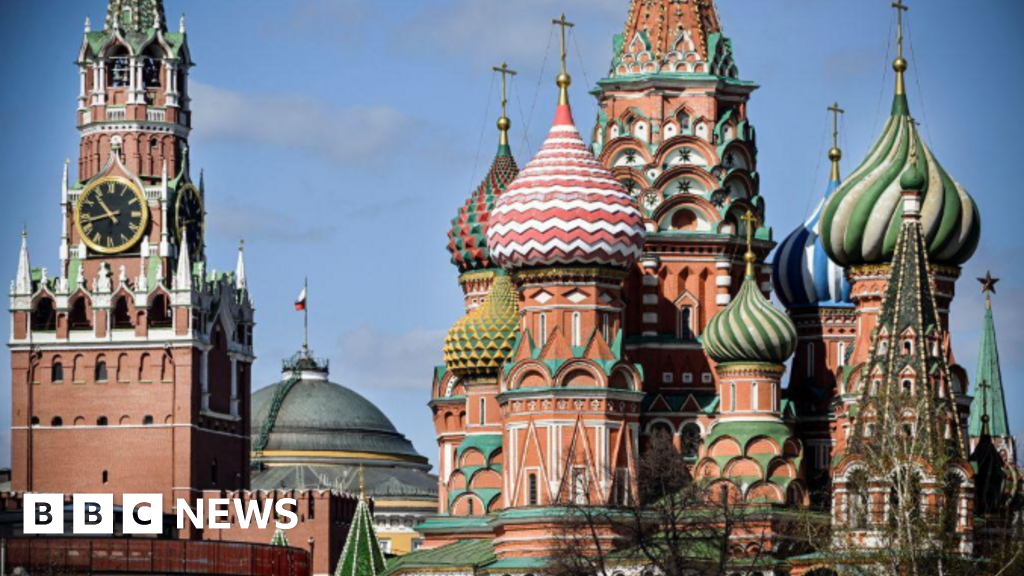ARTICLE AD BOX
Israel’s Prime Minister Benjamin Netanyahu has promised that Hezbollah will pay "a heavy price" for an attack that killed 12 children at a football pitch in Majdal Shams on the Israeli-occupied Golan Heights on Saturday.
The costs that Mr Netanyahu, his Defence Minister Yoav Gallant and Israel’s military chiefs decide to inflict on Hezbollah will determine whether the war either side of the Israel-Lebanon border stays limited and relatively controlled or explodes into something much worse.
The border war started the day after Hamas attacked Israel on 7 October last year, when Hezbollah fired rockets into Israel to support the Palestinians.
Since then, it has been fought within a grisly set of unspoken understandings. Israel and Hezbollah have mostly aimed at military targets, though both have also killed civilians.
As a result, the war, though highly dangerous, has stayed limited. Even so, tens of thousands of people on both sides of the border have left their homes. Busy communities have become ghost towns.
The fear from the outset has been that a big attack on either side’s civilians would cause uncontrolled escalation and in turn, cause a much worse war, as both Israel and Hezbollah bring their full force to bear.
Action against Hezbollah in the largely depopulated areas of south Lebanon might avoid escalation. Killing Lebanese civilians in Beirut or destroying infrastructure like bridges or power stations would not.
Hezbollah claims, unconvincingly, that it did not carry out the attack in Majdal Shams. Even so, it is hard to see why it would target Druze children at a football match.
Hezbollah has mostly stuck to the tacit rules of the conflict, trying to kill soldiers, not civilians since it started the border war on 8 October.
It might have been aiming for the extensive Israeli early warning stations on military positions on Mount Hermon.
Hezbollah is a much more formidable enemy of Israel than Hamas. It is more powerful than the fragile Lebanese state and operates without consulting it.
Hezbollah’s leader Hassan Nasrallah is close to the Supreme Leader of Iran, Ayatollah Ali Khamenei. Hezbollah fighters are disciplined and well trained, and Iran has supplied them with a formidable arsenal of missiles that can hit Israel’s cities.
Hezbollah fought Israel to a standstill in their last big war in 2006. Its men have extensive combat experience after fighting for years in Syria in support of the regime of President Bashar al-Assad.
Israel’s leadership know all that. They also know that despite their vast firepower they have not yet subdued Hamas in Gaza, and the reservists their army relies on are feeling considerable strain.
Israel is also under heavy pressure from its allies, including the US - without which it cannot sustain its war effort - not to take action that would escalate the war into an all-out fight.
The Americans and the French have tried to negotiate a way of de-escalating the Israel-Hezbollah border war. The absence of a ceasefire in Gaza blights their chances of success.
The border between Israel and Lebanon remains the mostly likely place for the wider Middle East war to intensify.
Even if the crisis caused by the killing of young football players and spectators in Majdal Shams passes without a much worse conflagration, the "rules" of the border war are tattered, imperfect, unstable and continue to carry the risk that a single bloody incident will touch off another catastrophic war.

 3 months ago
19
3 months ago
19








 English (US)
English (US)